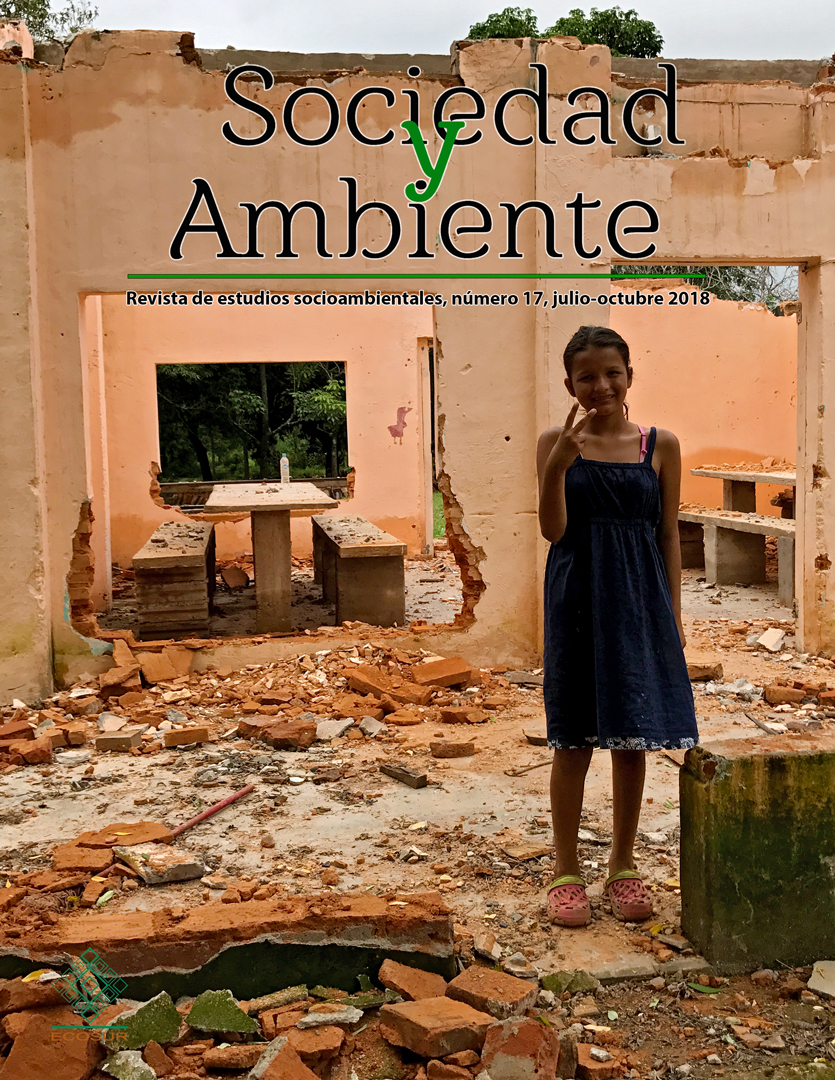Abstract
Wild mushrooms are a highly valued forest resource. However, over the past decade, several incidences of wild mushroom poisoning have been recorded in Chiapas. This paper presents different points of view on these events ranging from those of official health institutions and academia to those of the Tsotsil population within the Chamula municipality. In biomedicine, mushroom poisoning has been conceptualized as a group of alterations to health occurring accidentally because of the incorrect identification of the species consumed. For the respondents in Chamula, these ailments go beyond mere confusions, and instead occur due to the presence of various factors. These views are apparently different or even opposite, which calls for a rethink of the design of prevention strategies.

Sociedad y Ambiente by ECOSUR is licensed under a Creative Commons Reconocimiento-NoComercial-SinObraDerivada 2.5 México License


